Nội Dung Chính
(Page 152)
UNIT 1 WHAT DO YOU LIKE TO DO?
| LIKE + INFINITIVE |
| What do | you they | like to do? | I They | like to don't like to | draw. |
| What does | he she | like to do? | He She | likes to doesn't like to | play sports. |
| WH- QUESTIONS |
| How often do | you they | I They | play once a week. | |
| How often does | he she | play basketball? | He She | plays twice a week. |
| When do | you | I | play before school. | |
| When does | he | He | plays after lunch. |
| TIME EXPRESSIONS |
| once/one time twice/two times three times four times five times | a week a month a year | on | Mondays Wednesdays Thursdays Saturdays weekdays weekends |
| every day |
UNIT 2 WHAT DOES SHE LOOK LIKE?
| DESCRIBING PEOPLE WITH LOOK |
| What do | you they | look like? | I'm / They're tall. I have / They have long brown hair. I look like my mother. They look different from their father. |
| What does | he she | look like? | He's / She's medium height. He wears / She wears glasses. He looks like his brother. She looks different from her sister. |
| ADJECTIVE ORDER |
| Size | Style | Color | Body part |
| long short | curly spiky straight | black blond brown red | hair |
| blue brown green | eyes |
(Page 153)
UNIT 3 I BOUGHT NEW SHOES!
| INDIRECT OBJECT PRONOUNS (WITH GIVE, GET, BUY) |
| She gave He got They bought | me him her us them | some clothes. |
| SUBJECT PRONOUNS / POSSESSIVE ADJECTIVES |
| When did | you he she we they | get | your his her our their | sneakers? | I He She We They | got them recently. |
| PAST TIME EXPRESSIONS |
| just recently yesterday last night/week/month two months/years ago |
UNIT 4 WHAT'S THE COLDEST PLACE ON EARTH?
| SUPERLATIVE ADJECTIVES |
| Short adjectives (1 syllable) | high low | the highest the lowest |
| 1-syllable adjectives (ending with a short vowel sound and a single consonant) | big hot | the biggest the hottest |
| Adjectives ending in -y | pretty windy | the prettiest the windiest |
| Longer adjectives (2 or more syllables) | famous dangerous | the most famous the most dangerous |
| Irregular adjectives | good bad little | the best the worst the least |
(Page 154)
UNIT 5 ARE CATS BETTER PETS THAN DOGS?
| COMPARATIVE ADJECTIVES |
| Short adjectives (1 syllable) | clean cute | cleaner than cuter than |
| 1-syllable adjectives (ending with a short vowel sound and a single consonant) | big hot | bigger than hotter than |
| Adjectives ending in -y | friendly scary | friendlier than scarier than |
| Longer adjectives (2 or more syllables) | intelligent | more intelligent than less intelligent than |
| Irregular adjectives | good bad | better than worse than |
| WH-QUESTIONS (WHICH)-COMPARATIVE ADJECTIVES |
| Which are more playful, rabbits or turtles? | Rabbits are more playful than turtles, but turtles are friendlier than rabbits. Rabbits are as playful as turtles. |
UNIT 6 I REALLY LIKE ELECTRONIC MUSIC!
| WHAT KIND OF |
| What kind of | music food sports movies books | do you like (the) best? | I like | rock Korean food soccer action movies science fiction | (the) best. |
| COMPARATIVES (WHICH) |
| Which do you like better, | hip-hop Italian food tennis | or | jazz? Vietnamese food? badminton? | I like | hip-hop Vietnamese food badminton | better. |
(Page 155)
| WH- QUESTIONS (WHO/WHAT) |
| Who's your favorite singer/musician? | I like Katy Perry. |
| What's/Who's his favorite group? | He likes Green Day best. |
| What's their favorite kind of music? | They love rap. |
UNIT 7 WHAT'S FOR DINNER?
| COUNT/NON-COUNT NOUNS (SOME! ANY/ A LOT OF / LOTS OF / MANY / MUCH) |
| There | is some bread isn't any juice isn't much water are a lot of/lots of cookies are some cups aren't many sweets | in the kitchen. |
| SOME/ANY QUESTIONS (SHORT ANSWERS) |
| Is there any fruit? | Yes, there is. No, there isn't. |
| Are there any bowls? | Yes, there are. No, there aren't. |
| NEED |
| What do we need? | We need some ice cream. We don't need any chopsticks. We need something to eat. |
* The definite article the can go with either countable or uncountable nouns. We use the to mention specific people or things.
UNIT 8 YOU SHOULD SEE A DOCTOR!
| HAVE (ILLNESSES) |
| I You We They | have | a headache. |
| He She | has | a sore throat. a fever. |
| SHOULD (ADVICE) |
| I You He She We They | should stay home. shouldn't go to school. |
| Should | I | take some medicine? | Yes, No, | you he she we they | should. shouldn't. |
| HURT AND SORE |
| Verb | Adjective |
| My leg hurts. I hurt my leg. | I have a sore leg. My leg is sore. |
| WHY DON'T (ADVICE) |
| Why don't you take some cough medicine? |
(Page 156)
UNIT 9 I OFTEN PLAY GAMES AFTER SCHOOL.
| TENSE CONTRAST (PRESENT PROGRESSIVE AND PRESENT SIMPLE) |
| Are you studying right now? | Yeah, I always study for an hour after school. |
| What do you usually do after school? | I do my homework first, then I play soccer. |
| What are you doing? | I'm watching TV. |
| DESCRIBING FREQUENCY |
| Do you often go shopping? | I go shopping | once in a while. every day. |
| Do you often go shopping? | No, I seldom rarely hardly ever | go shopping. |
UNIT 10 HOW DO YOU GET TO THE MALL?
| PREPOSITIONS OF LOCATION |
| Where's the museum? | It's | across from the park. behind the zoo. in front of the restaurant. next to the movie theater. on the corner of First Street. between the park and the zoo. on the left. on the right. |
| IMPERATIVES (DIRECTIONS) |
| How do you get to the park? | Go straight down Main Street. Go past the Internet café. Turn left/right on First Avenue. |
(Page 157)
UNIT 11 WHAT WERE YOU DOING?
| PAST PROGRESSIVE AND SIMPLE PAST WITH WHEN |
| I was He was She was You were We were They were | walking home sleeping | when the earthquake hit. |
| What | was he/she were you/they/we | doing when the storm started? |
| Were | you/we/they | eating when she called? |
| Was | I/he/she | eating when she called? |
UNIT 12 WE'RE GOING TO VOLUNTEER!
| GOING TO FOR FUTURE |
| What | are you is he is she are they | going to do? | I'm You're He's She's We're They're | going to | make food sell books raise money | tomorrow. next month. after school. |
| GOING TO (SHORT ANSWERS) |
| Are | you they | going to put up decorations? | Yes, I am. / No, I'm not. Yes, they are. / No, they're not. |
| Is | he she | going to put up decorations? | Yes, he is. / No, he's not. Yes, she is. / No, she's not. |
| FUTURE TIME EXPRESSIONS |
| When is it? | It's tomorrow. It's after school/soccer practice. It's this week/summer/November. It's next week/month/year. It's two days from now. It's in two months/years. |
* We use will to express immediate decisions. The future time of decisions with will is much closer to the present than statements with be going to.
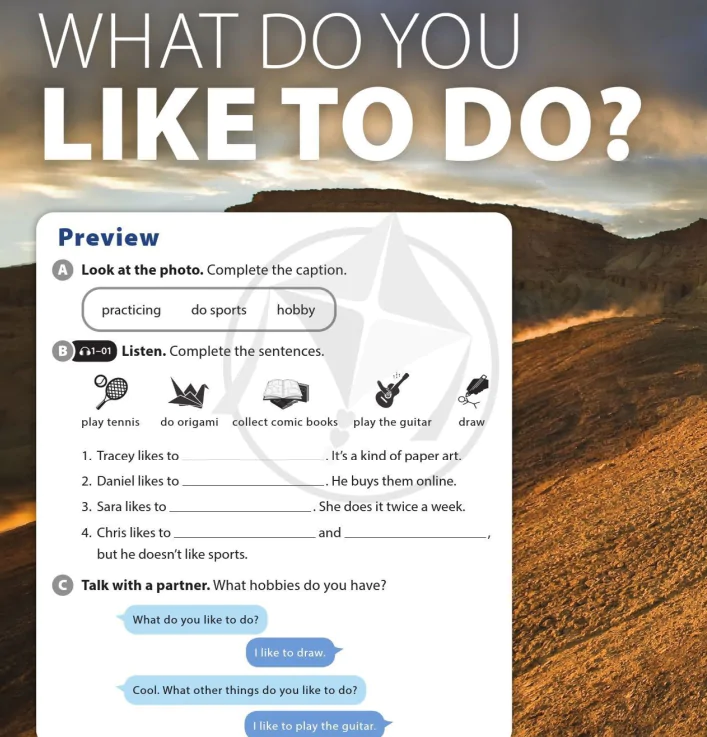
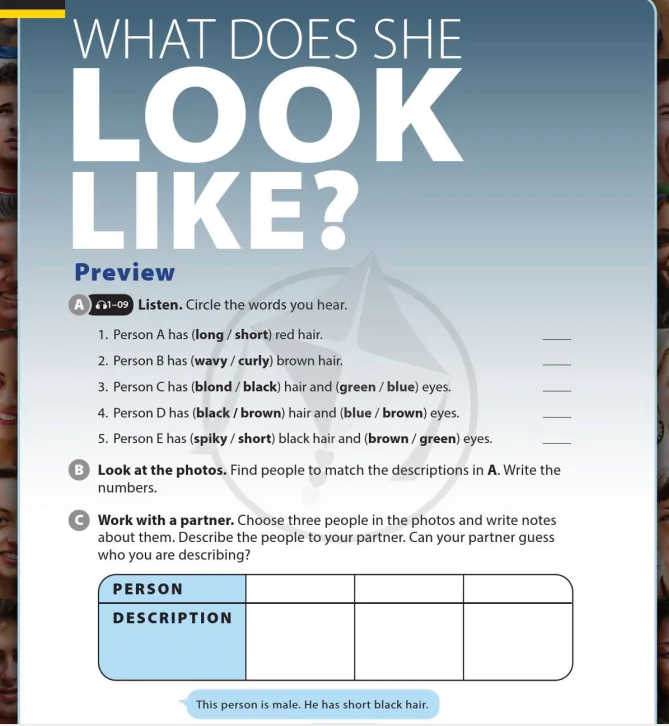
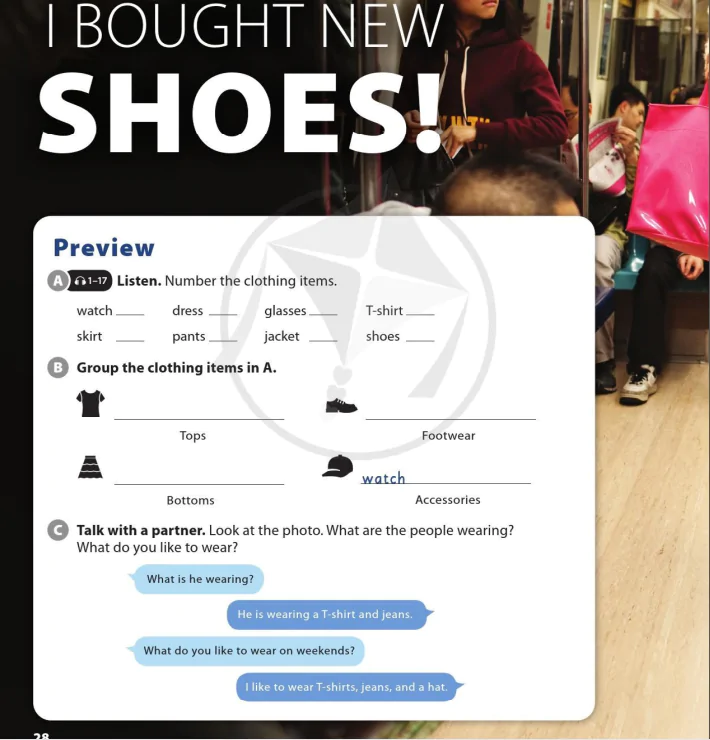
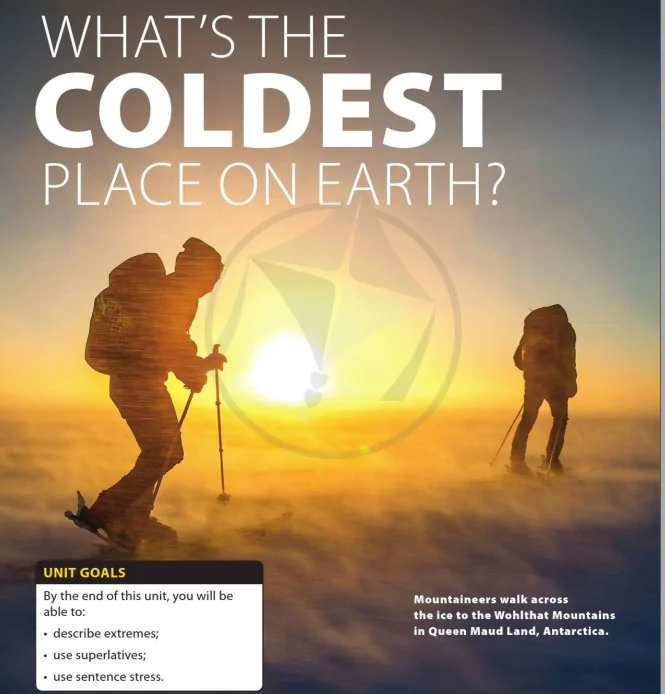
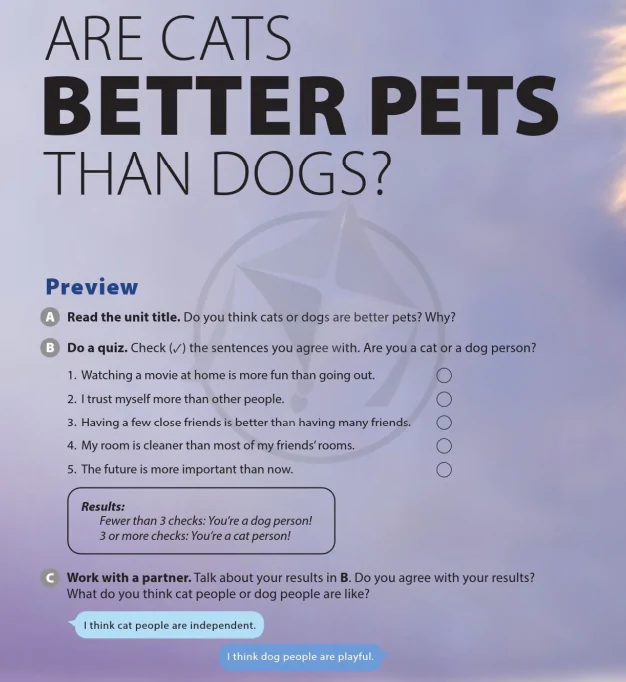

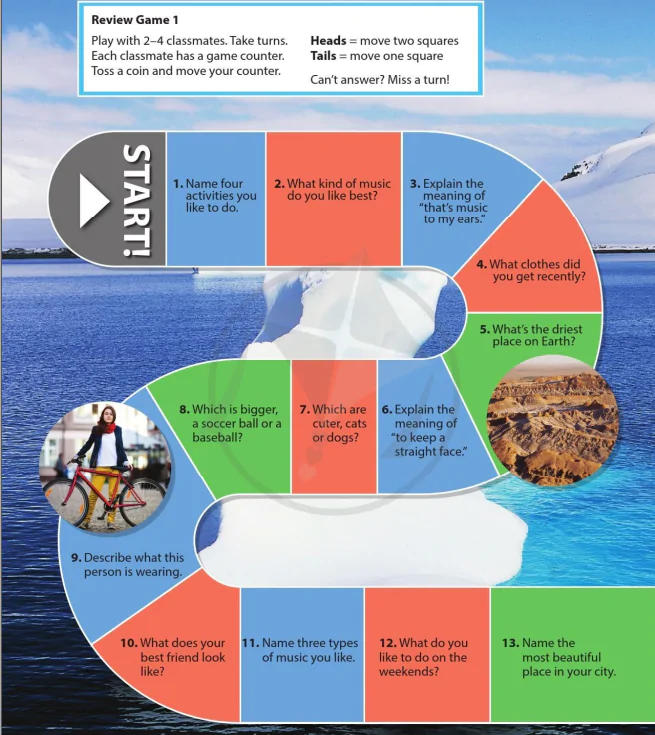
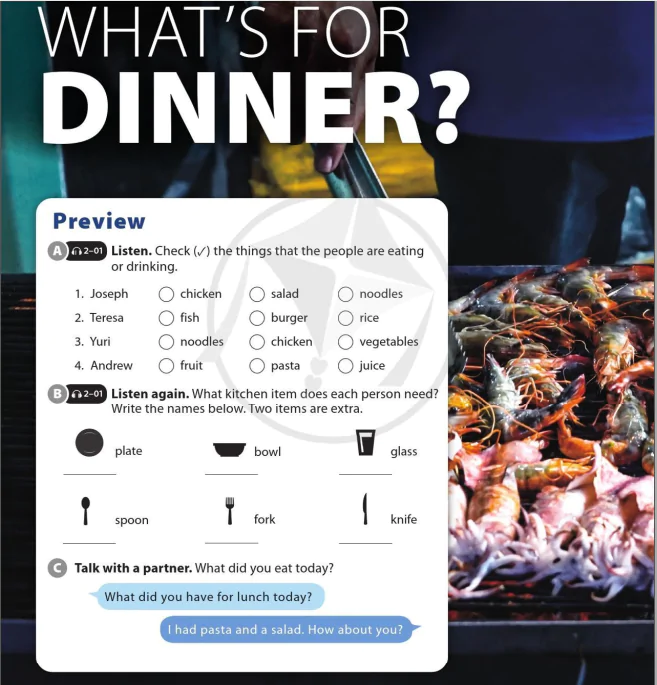
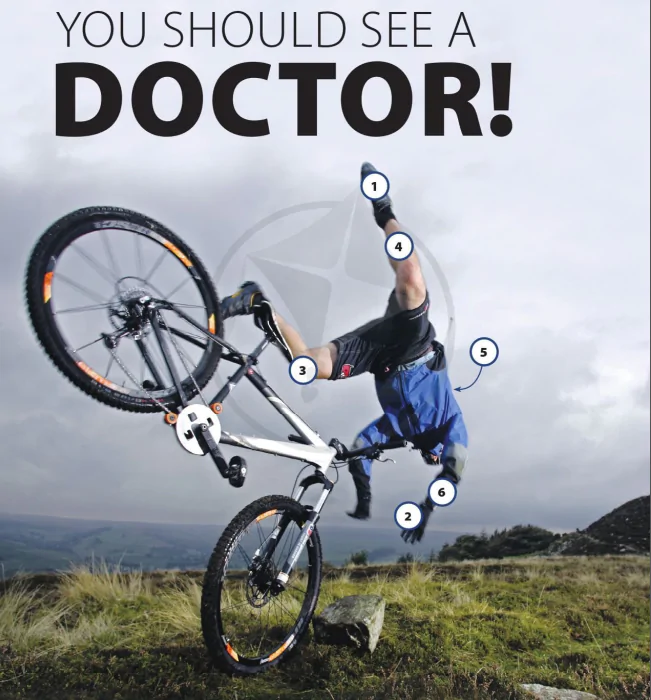
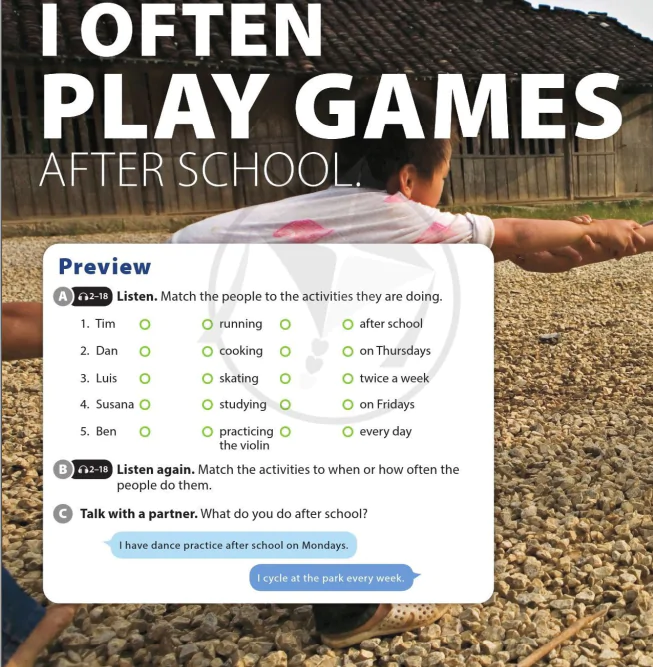
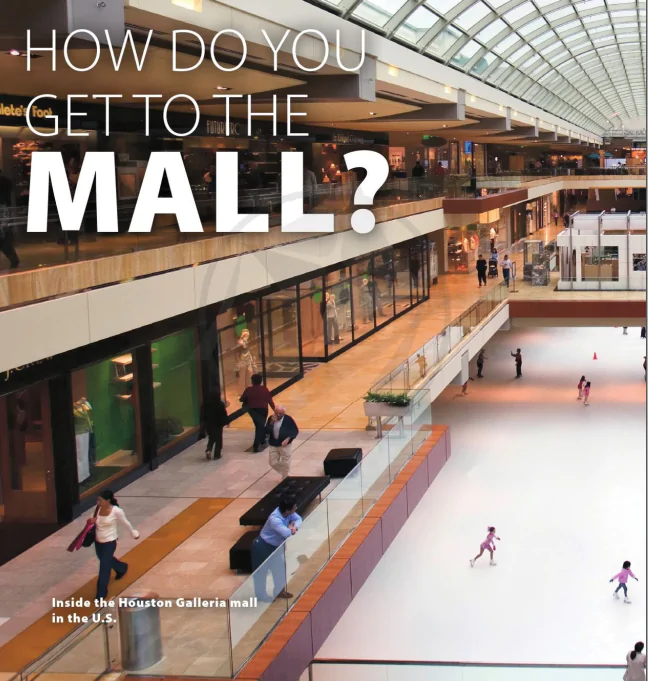

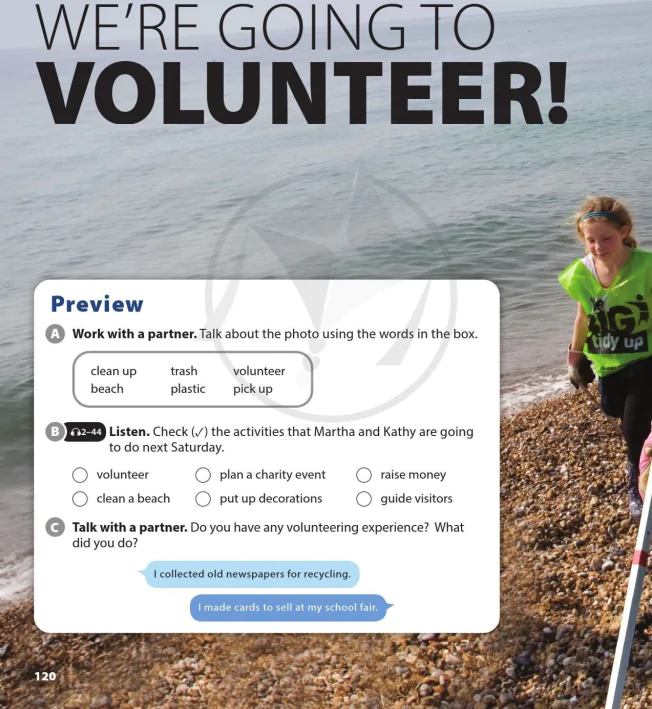
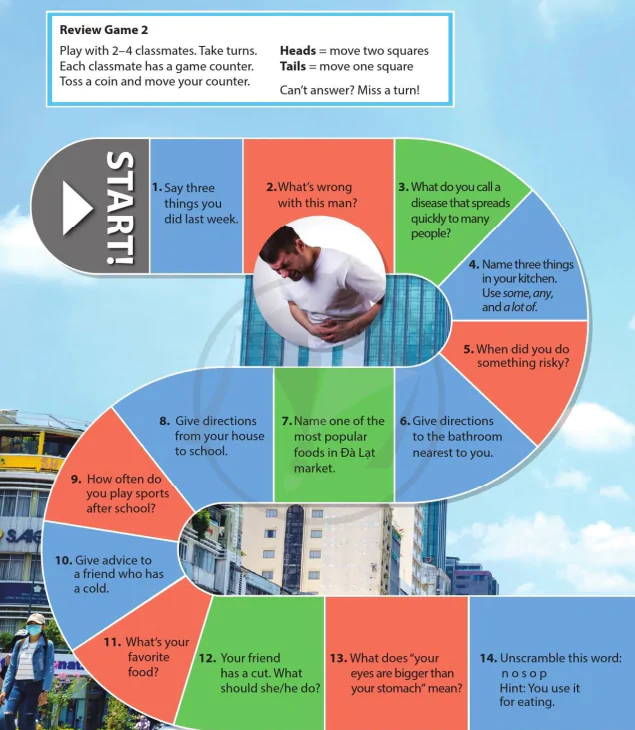
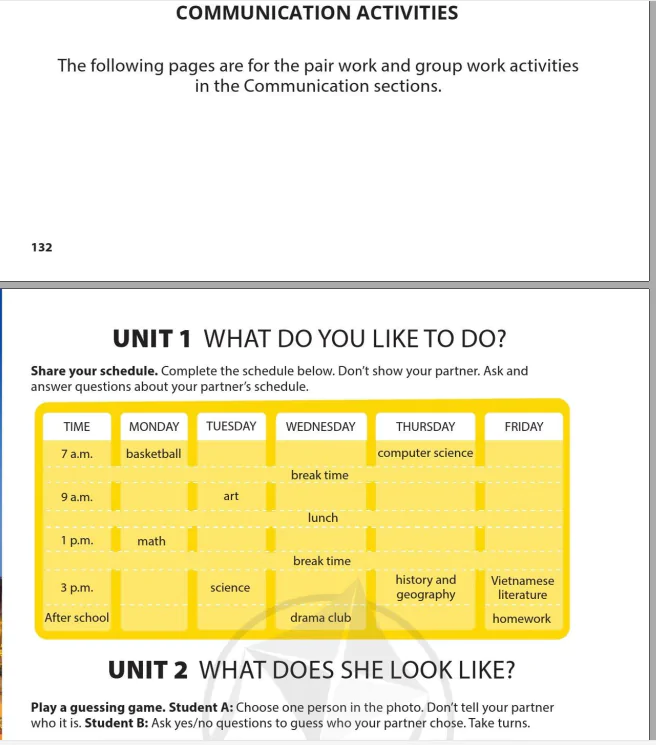
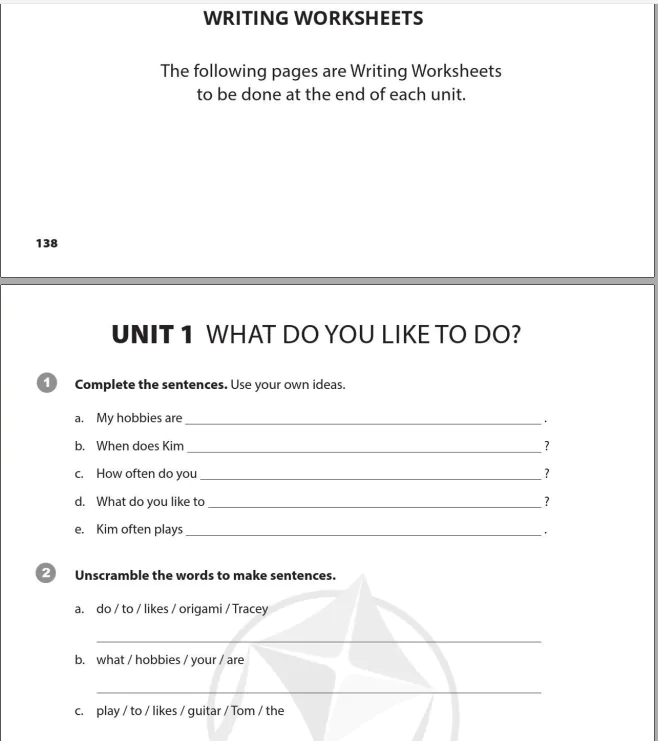
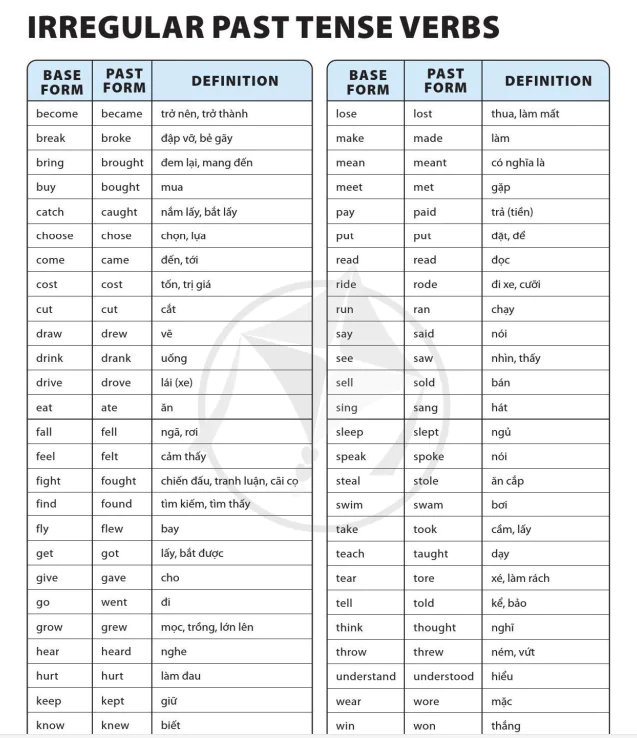
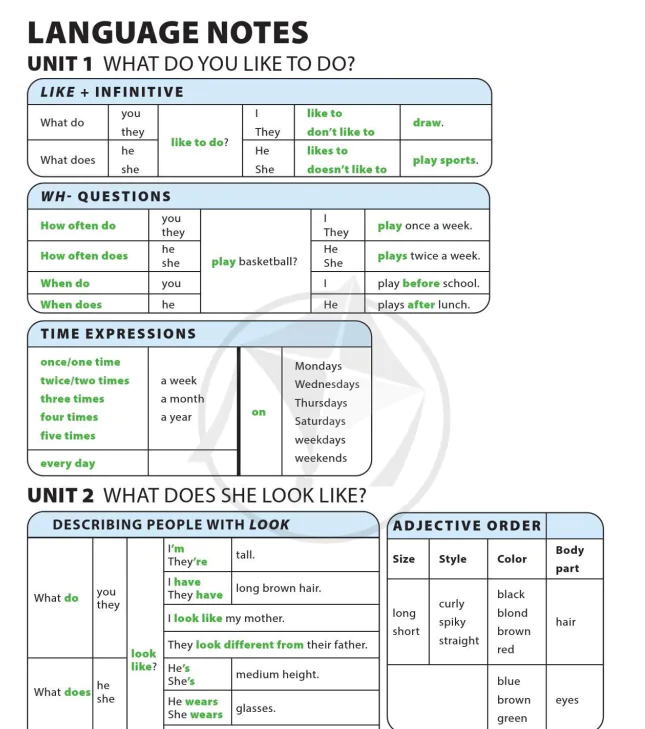
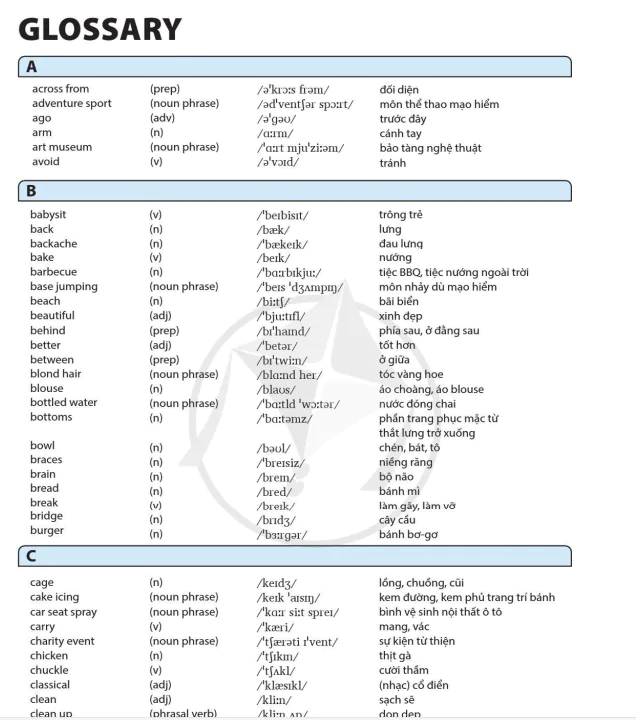
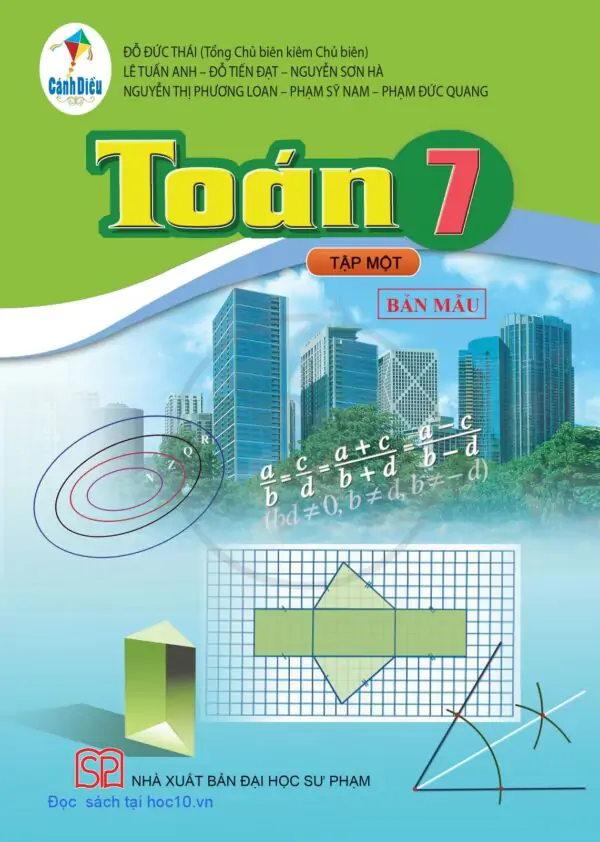


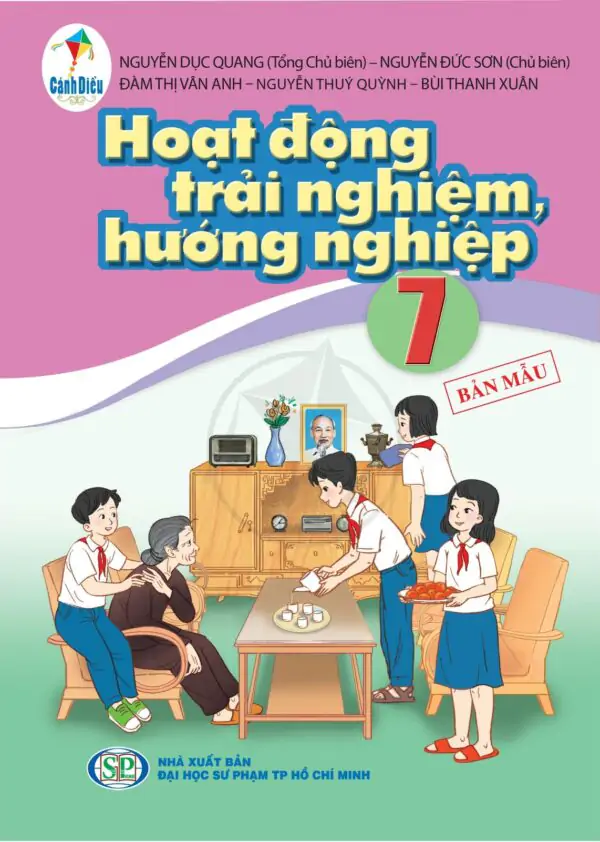

















Bình Luận
Để Lại Bình Luận Của Bạn